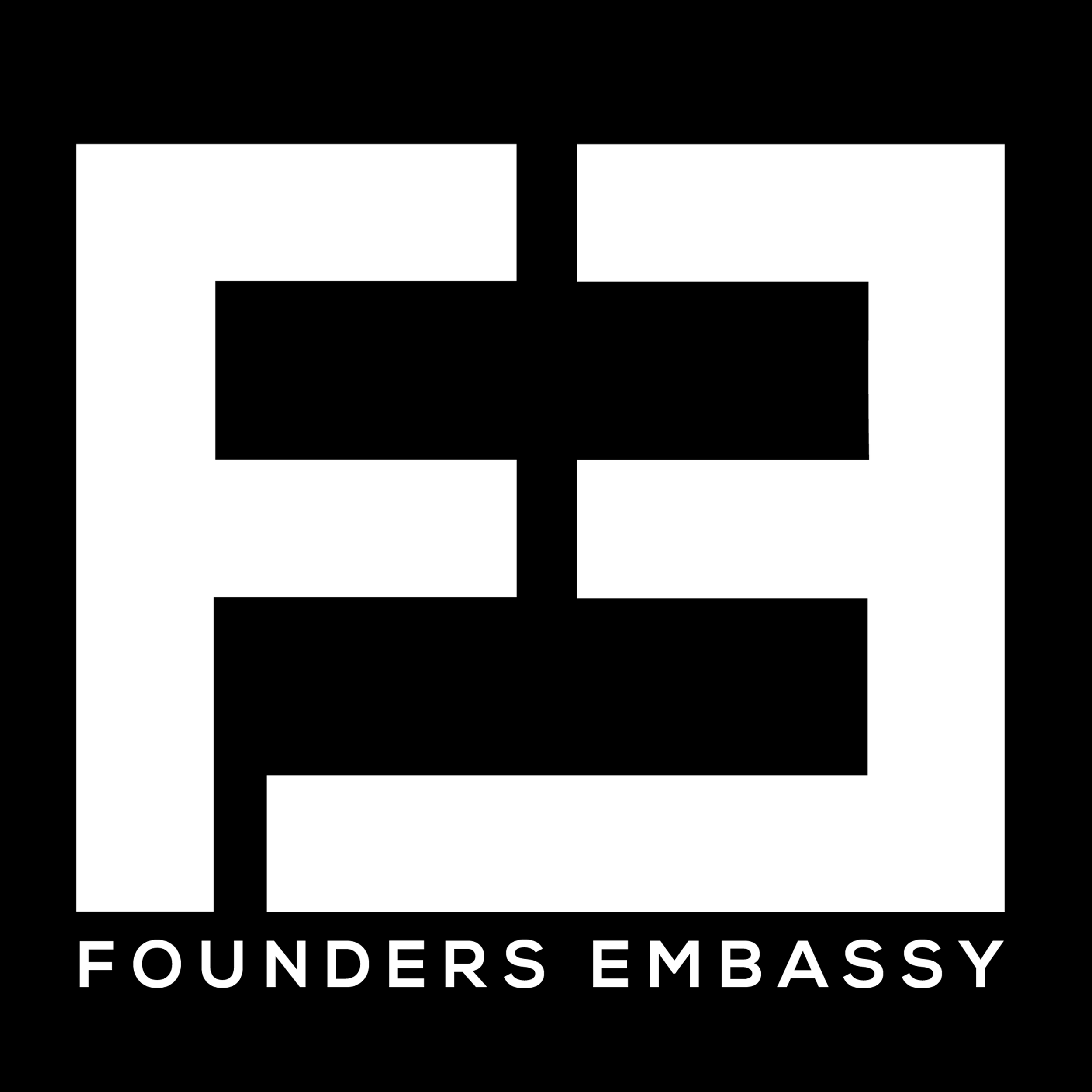Rachel Sandler, San Francisco Business Times
(November 5th, 2018 - San Francisco) Andee Gardiner noticed that many of the companies she worked with at her accelerator had the same strategy for attracting interest from U.S. investors: Change the location of their company on LinkedIn.
“We’ve had 400 applicants and I can’t tell you how many of them say San Francisco on their LinkedIn (profile) and of course it took a phone call to learn that they’re not here,” said Gardiner, who is a co-founder of San Francisco-based Founders Embassy, an accelerator for international and immigrant founders.
This type of startup catfishing is a symptom of a bigger challenge for international founders, Gardiner said: How do you raise money from top tier venture capital firms if you’re company is in another country?
That’s where Founders Embassy comes in. The accelerator bills itself a two week crash course in all things Silicon Valley for international or immigrant founders. It was started by Gardiner, an Irish citizen and daughter of Irish immigrants, and Anastasia Crew, a Russian immigrant, as way to help entrepreneurs from outside the U.S. build a network in Silicon Valley — and for some, eventually raise some serious cash.
And while it’s certainly easier for startups based in the Bay Area to raise money from Bay Area investors, Gardiner said being in the Bay isn’t required anymore, as more venture firms are warming up to the idea of international investment.
“We found that investors are much more open to that concept now and more so than even five years ago,” Gardiner said. “More people are understanding that having a network here is important and being here is important, but actually moving here and relocating their entire team here? There’s so many roadblocks that it doesn’t always make sense.”
Silicon Valley bubble
Venture capitalists don’t like to do a lot work when it comes to communication, Gardiner said. Part of the reason Bay Area-based investors have been hesitant to invest outside of Silicon Valley is dealing with a host of logistical issues, including different time zones, travel costs and cultural differences.
To mitigate this, Gardiner has encouraged companies in the accelerator to send their CEOs to the Bay Area “early and often,” especially if a company has already gotten a check from a VC firm. It even makes sense in some cases, she said, to have a CEO relocate to the Bay Area, but leave their engineering and operations team in their home country.
“Investors don’t like that much work to stay in touch with their portfolio companies,” she said. “They like that they’re around the corner in Menlo Park. If you have a Monday partner meeting, they like that they can call the CEO and that they can come in person. But I do think that is slightly shifting.”
Even though dealing with communication and cultural barriers might be enough to prevent some investors from putting money into international companies, it exposes the almost nativist thinking of Silicon Valley elite, said Manan Mehta, a founding partner of Unshackled Ventures.
“Why is it a problem? You would only call it a problem if you believe there isn’t equal talent throughout our countries and I think that is a fundamental issue with a lot of Silicon Valley thinking,” he said.
Unshackled Ventures invests in early-stage startups with immigrant founders, while also sponsoring them for H1-B visas.
Mehta also said the reticence of some investors to put money into companies with teams outside the U.S. is a missed opportunity.
“A lot of Silicon Valley firms will only invest in Silicon Valley companies,” he said. “(But) your job as an investor is to find the best opportunity, irrespective of where it is.”
More money, less problems
One of the selling points for international founders is that money lasts longer in other countries with a lower cost of living and doing business.
The cost of a square foot of office space in San Francisco rose to $81.25 per square foot in the third quarter of 2018 — a record high for the city, according to brokerage Cushman & Wakefield. Meanwhile, a square meter of office space in Sao Paulo Brazil will cost less than $30, according to investment firm JLL.
“Investors are starting to realize if they can give a founder in Sao Paulo, Brazil or even London or New York money, they can see that runway last them a lot longer,” Gardiner said.
Taigo Paiva, the CEO and founder of cloud-based call center company Talkdesk, said that often young companies simply can’t afford to stay in the Bay Area. International and immigrant founders often opt to keep much of their team in their home country, he said.
The first three years after Talkdesk was founded in 2011, Paiva was living in the U.S. while the rest of his company was in Portugal. As the company started growing, Talkdesk’s U.S. presence expanded as well. But even now, about half of the company’s 500 employees are based in Portugal, as it’s easier to compete for top talent in other countries, Paiva said.
“We couldn’t afford to pay people here," he said.
Just last month, Talkdesk raised a massive $100 million Series B, valuing the company at $1 billion with Menlo Park-based venture firm DFJ participating in the round.
Written by Rachel Sandler, San Francisco Business Times

